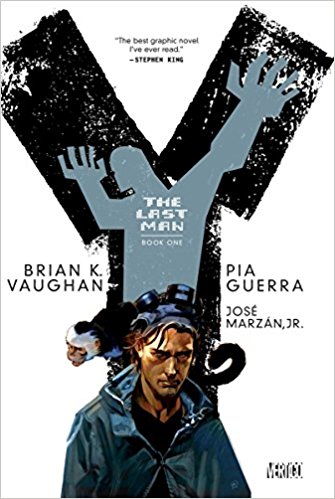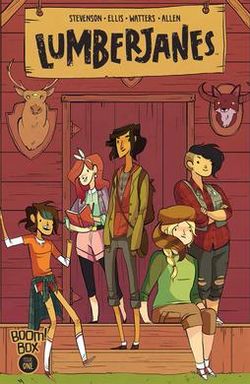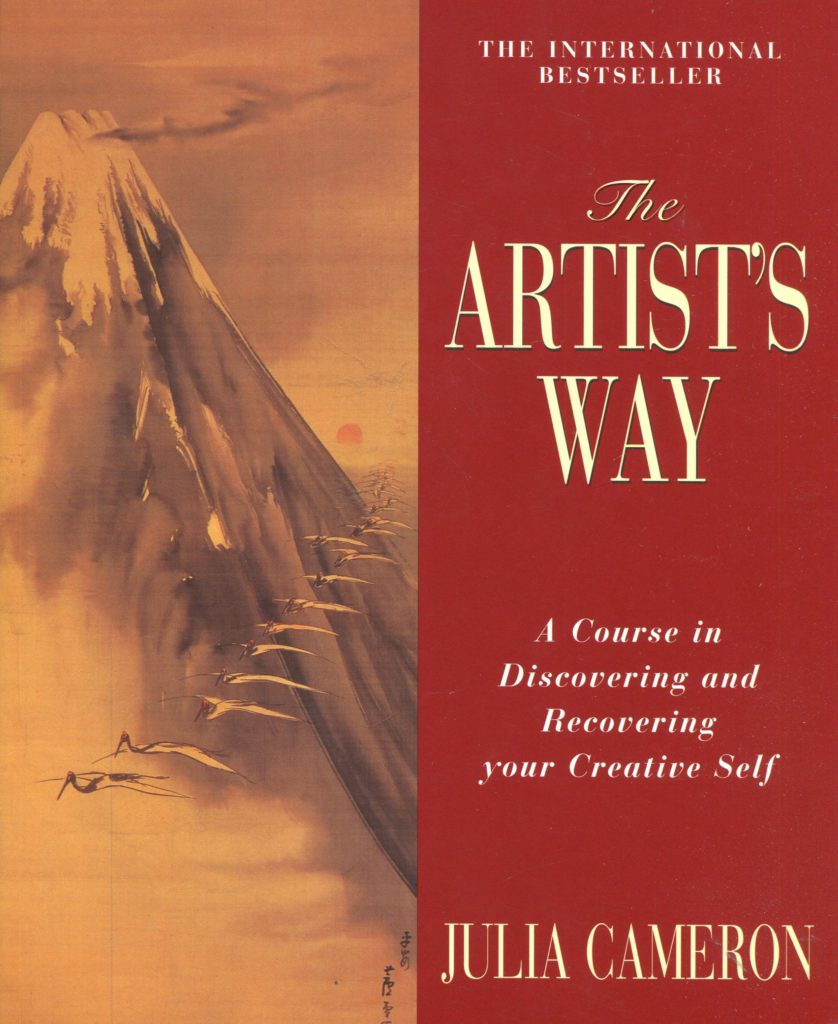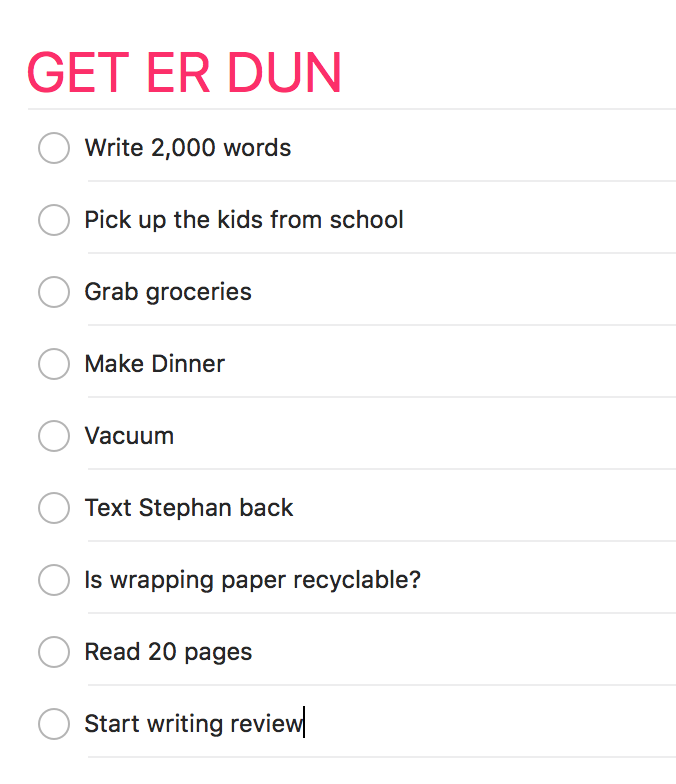Can we just geek out over comics right now? Let’s.
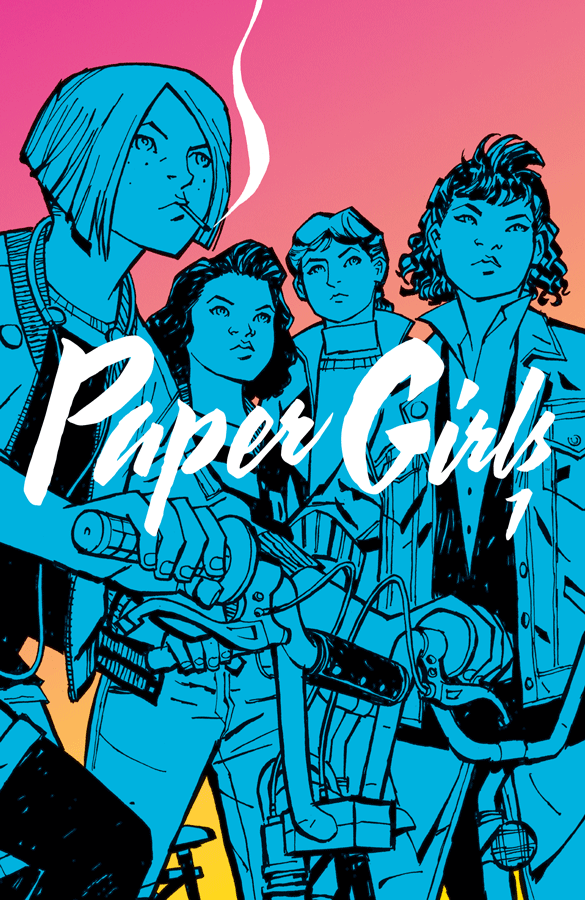 I was introduced to comic books a little late in the game. My college roommate Danica was a proud, certifiable nerd. I was still in the closet and unsure if it was something I was willing to let myself become. One day, she invited me and our other roommate Ashley to Comic Book Club on campus. With only around ten members, the club had a comfy, family-vibe. What surprised me most was how welcoming everyone was, accepting of whoever came, conversing with them about whatever form of comics they were into. This included the guy who showed up who just really liked Dilbert.
I was introduced to comic books a little late in the game. My college roommate Danica was a proud, certifiable nerd. I was still in the closet and unsure if it was something I was willing to let myself become. One day, she invited me and our other roommate Ashley to Comic Book Club on campus. With only around ten members, the club had a comfy, family-vibe. What surprised me most was how welcoming everyone was, accepting of whoever came, conversing with them about whatever form of comics they were into. This included the guy who showed up who just really liked Dilbert.
Slowly, the members of Comic Book Club fed classics and newer works into my nerd IV, filling me with a new love for the medium. They took me to free comic book day, showed me the local comic book stores, and took me to see the new rash of comic book movies coming out at the time (X-Men: The Last Stand was our biggest Comic Book Club outing). I ended up writing my senior year Sociology paper on my university’s Comic Book Club, and my professor not only gave me an “A” but wanted to talk more about it after class.
What I wasn’t was a closeted book nerd. As an English major, you kind of give yourself away in that respect. I might even dare call myself (or would’ve called myself at the time) a book elitist. I didn’t read genre fiction, and found anything genre to be more on the entertainment side than on the enrichment side. So imagine my surprise when I loved comic books right away.
Over ten years later, skinnies and trades are a regular part of my balanced reading diet. In 2017, I read 104 books, 30 of those being comic book trades. I count them equal to any book in terms of enrichment and importance, something my 20-year-old self would call taboo.
However, there are some real and important differences between comic book and novel storytelling beyond the obvious, and they are important for writers to pay attention to.
Pacing.
Comics, by nature, are fast-paced. The reason for this is half of the story is told visually, and our brains process visual information much more quickly than reading words and conceptualizing those words into scenes in our minds. Also, in most comics, the majority of the words are conversation between characters, cutting out long descriptions, body language, and physical cues.
As writers, what can we learn from this? I’d argue learning pacing from comic books with caution. In many comics coming out today, the speed is breakneck. This is not always the best way for novels. Personally, I like a slower, blossoming effect, as I think it is more artful and immersive. Some indie comics are better for this effect (Shortcomings by Adrian Tomine and Blue Pills: A Positive Love Story by Frederik Peeters come to mind). However, if your book requires fast-paced scenes, sharp scene breaks, and minimal to moderate character development (aka when story is king), then comic books are a fantastic source to learn from.
I love comic book dialogue. This is a no-brainer for me. Yes, all writers can learn sharp, concise dialogue from comic books, especially how to write humorous exchanges. In humorous dialogue, the pictures don’t matter – the snappy wit and curt replies do. You don’t even need to look at the characters faces to know if it’s effective. Brain K. Vaughn is a master at this, and his work should be on your to-read list.
Character Development.
In my mind, this is the most obvious hinderance when learning storytelling from comic books. In order to serve the story, most characters have classic and even clichéd flaws and personalities. That’s totally fine, and I’m not meaning to suggest it’s right or wrong. Because it’s fine, and most comic book writers use these tropes very well. However, most characters’ backstories aren’t fleshed out when compared to novel characters. Usually their backstories are only fleshed out as much as is needed in order to make the story believable, or to serve a story element or conflict.
Brevity.
One of the most beautiful things in comic books, in my humble opinion, is the brevity. In half the time and space of a novel, a comic book writer can tell a complete story. It’s masterful, really, when done well. Many of my writer friends become bogged down in their long-ass word counts, wondering how they can cut 20-30k words from their manuscripts. Comic books only keep the most important stuff – and that’s a big lesson for novel writers to learn.
What are some lessons you’ve learned from comics? And what comics are you reading right now? Personally, I’m geeking out over Lumberjanes, Saga (of course, duh), Faith, and Paper Girls.

